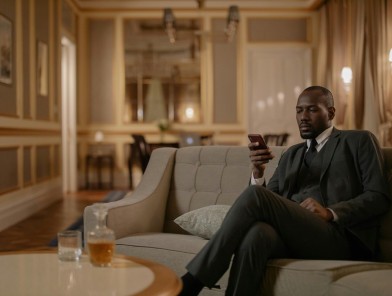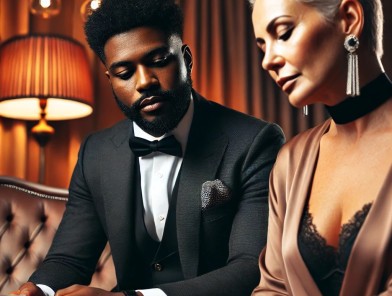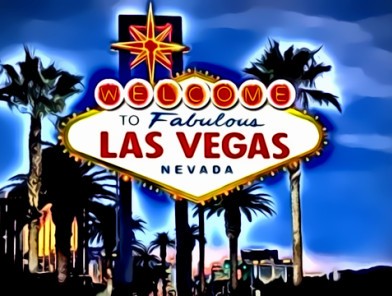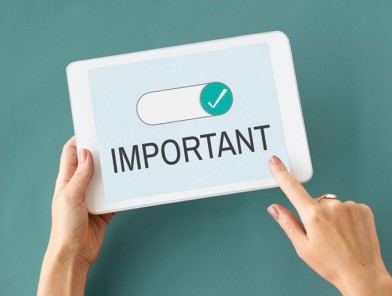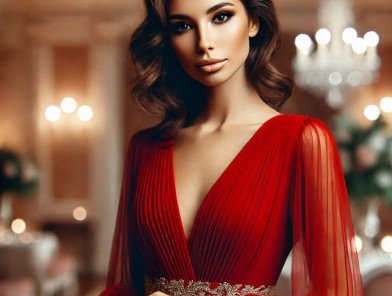In 2025, the beauty industry is evolving, embracing diversity and challenging outdated societal norms. Yet, despite this progress, L’Oréal recently faced significant criticism for collaborating with adult performer Ari Kytsya in their new campaign. This backlash highlights persistent stigmas surrounding sex work and the broader issue of who is deemed “acceptable” in public-facing roles. At a time when inclusion should be celebrated, this reaction is both disappointing and misinformed.
Breaking Stigmas: The Value of Inclusive Campaigns
L’Oréal’s decision to work with Ari Kytsya sends a powerful message: beauty is for everyone, regardless of their profession. By featuring a sex worker, the brand challenges long-standing prejudices and encourages a more open-minded approach to representation. Sex work is a legitimate profession, and those in the industry deserve recognition and respect, not public shaming. Campaigns like this help normalize diversity, paving the way for other brands to embrace inclusivity without fear of criticism.
The Unfair Backlash: Why Society Needs a Reality Check
It is shocking that in 2025, a professional collaboration can spark outrage simply because it involves a sex worker. This reaction is rooted in outdated moral judgments rather than any valid critique of the campaign’s quality or creativity. By attacking both the performer and the company, critics reveal a persistent double standard: sex work is still stigmatized, while other controversial professions or partnerships rarely receive the same scrutiny. L’Oréal’s courage should be applauded, not vilified.
Empowerment Through Representation
Representation matters. Featuring Ari Kytsya not only provides visibility to a marginalized group but also empowers individuals to embrace their identities without shame. In an industry often criticized for homogeneity and exclusivity, L’Oréal’s campaign is a refreshing demonstration that diversity can be celebrated, not feared. Beauty campaigns should reflect the real world, with all its complexities and richness, and this collaboration exemplifies that principle.
A Call for Acceptance
Rather than attacking such partnerships, society should recognize their value. Inclusive campaigns encourage dialogue, challenge stereotypes, and create opportunities for meaningful change. Supporting professionals from all walks of life strengthens industries and communities alike. L’Oréal has set a precedent: when brands take bold steps toward inclusivity, they inspire others to follow.
Embracing a More Inclusive Future
The backlash against L’Oréal and Ari Kytsya is a reminder of how much work remains in breaking down stigmas surrounding sex work. This campaign is not just about beauty products it’s about representation, respect, and challenging outdated norms. By standing by their partnership, L’Oréal demonstrates leadership and a commitment to diversity. We should celebrate such initiatives, as they mark essential progress toward a more inclusive, understanding, and empowered society.


